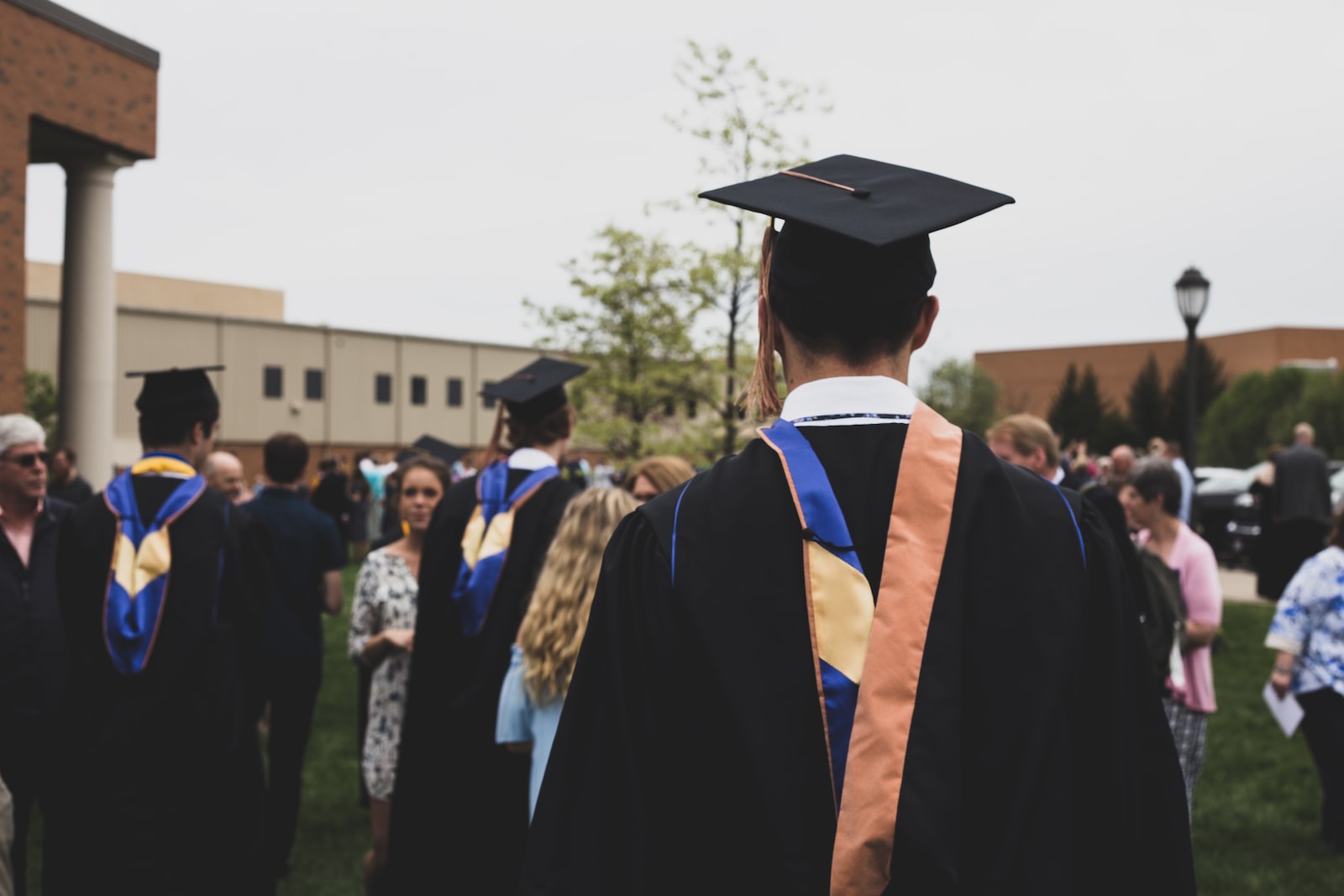The purpose of a liberal arts education.
Ignorance is ubiquitous. So is pedantry, for those who like fancy-sounding Latinate words. The purpose of higher education today (though it has always been this way), lies somewhere between pedantry and ignorance. Somewhere along that continuum lies personal development. Higher education is typically valued in that it produces a learned erudition or better qualification. This overlooks one of its essential facets: the recognition of ignorance. In an amusing passage from Plato’s Euthydemus, a dialogue discussing education, Socrates likens his own particular pursuit of knowledge to children chasing larks. Always pursuing, almost but never quite catching. The process, he comments:
[S]eemed like falling into a labyrinth. (Plato, Euthydemus, 291b.)
Part of higher education is recognizing how little you know. Realizing how much there is that can be known. Engaging with that vast undulating sea of knowledge with the knowledge that you won’t know everything. To become educated is a painful, labyrinthine process. Somewhere in there comes a gentle humility. A resignation. A familiarity with incompleteness. It is from the recognition of how little we know that we develop as people. Not only do we become more knowledgeable, we become kinder. Gentler. More humble.
To be sure, higher education serves personal and intellectual ends. To be erudite is something to be desired (if you’re into that sort of thing). As is to get better credentials to climb the proverbial social (and monetary) ladder (if you’re into that sort of thing). These, however, aren’t the be-all and end-all of higher education. W.B. Yeats in his poem The Scholars recognizes the former, at least:
Bald heads forgetful of their sins,
Old, learned, respectable bald heads
Edit and annotate the lines
That young men, tossing on their beds,
Rhymed out in love’s despair
To flatter beauty’s ignorant ear.
All shuffle there; all cough in ink;
All wear the carpet with their shoes;
All think what other people think;
All know the man their neighbour knows.
Lord, what would they say
Did their Catullus walk that way?
What’s the use of all that book-learning if you don’t do anything with it? And what’s the use of all that erudition if it’s cloistered from the world? And what if, in the pursuit of knowledge, one loses sight of the things that have inspired that pursuit? A passage in Petronius’ Satyricon, a satire written in the 1st century CE in the context of Neronian Rome, speaks to the latter. It’s curiously close to something my father might say (read: has said. Many times.):
I want him to have a smack of law in order to manage the property. Law has bread and butter in it. He has dipped quite deep enough into literature. If he is restless, I mean to have him learn a trade, a barber or an auctioneer, or at least a barrister, something that he can carry to the grave with him. (Petronius, Satyricon, 46.)
The practical or technical avenues of higher education (say, for the sake of argument, STEM fields), promote well-being and raise the standards of quality of life. Higher education’s liberal avenues, however, give us something to live for.
Education is an act of creation, and not necessarily in the practical sense. An education can be used for pragmatic purposes, but to limit it to pragmatism leaves out something essential. The creation of meaning. At bottom, the human being is a thing which thinks, reasons, imagines, recognizes, feels, does, etc. All of these capacities are directed, one way or another, in a meaningful way. The contents of our thoughts, the contents of our lives, if devoid of meaning, would be devoid of content. You don’t need to look very far to see that. Elie Wiesel’s Night and Viktor Frankl’s Man’s Search for Meaning are two powerful examples. I like to think that W.H. Auden, in a section of his poem If I Could Tell You, puts it rather succinctly and poignantly:
The winds must come from somewhere when they blow,
There must be reasons why the leaves decay;
Time will say nothing but I told you so.
Perhaps the roses really want to grow,
The vision seriously intends to stay;
If I could tell you I would let you know.
An education is what allows meaning to flourish. Higher education only strengthens this capacity, allowing it to express itself in novel and more complex ways. The personal development which arises from becoming educated is integral to the creation of meaning. Knowledge and meaning are inextricable. The two are also bound up with pleasure. To say that the purpose of higher education is somehow bound up with pleasure might offend some sensibilities. Pleasure is, however, a deeply motivating factor. I’d say that we all, in one form or another, pursue what I refer to as the aesthetic experience. That moment when many nebulous strands of thought come together into a recognizable whole. When beauty is something palpable. When you get that swelling, dizzying rush of pleasure when certain things just seem to click. The aesthetic experience is informed both by knowledge and by meaning, and both are enhanced by higher education.
